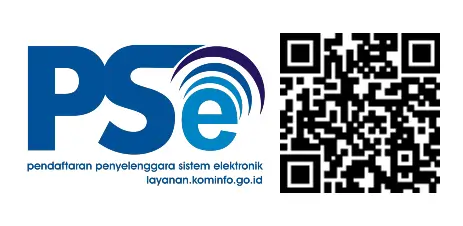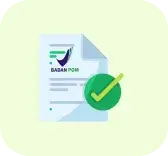Question:
Excuse me, want to ask for advice on how we make an agreement that tends to be “legally strong”? (Novi. Depok)
Answer: OK, first of all we would like to say that in our interpretation “legally strong” is an agreement that is less likely to trigger disputes and is easy to enforce. To achieve the first thing You must ensure that the agreement meets the legal terms of the agreement . The legal terms of the agreement are regulated in Article 1320 of the Civil Code (KUHPer), in short, the legal terms of the agreement contain the following:
- Agreed;
- Competent;
- Because – causes that are lawful;
- Certain thing.
If the above legal conditions have not been fulfilled, the agreement will be legally flawed so that the agreement can be canceled or even null and void. However, this article will not explain the legal terms of the agreement in detail.
In essence, if what is violated is the “agreed” or “competent” condition then the agreement can be canceled, while if what is violated is the condition of “lawful causes” or “certain things” then the agreement is null and void by law. Furthermore, if you want to make an agreement, it is better to make sure that you fully understand what will be promised. In that condition you rely on someone else to do it drafting your agreement so make sure the person understands the situation and conditions you are facing.
This is important because in principle it is the more detailed or detailed an agreement is, the better . The more detailed an agreement is, the smaller the chance for a dispute to occur, because what has been regulated in the agreement cannot be denied by the parties.
As a continuation of the details of the agreement we recommend avoiding use sentences or words that cause uncertainty . An example of the sentence or word in question is “including but not limited to”, although this will sometimes benefit you, it is not uncommon for this to be a source of dispute from the parties. If you want to use a provision like this it is advisable to consult beforehand with a legal expert.
This consultation is needed so that you can know the risks of using these sentences or words and whether it will help or might harm you. In making an agreement you must make sure to use unambiguous sentences. In order to minimize any ambiguity in the agreement, it is better to use language that is easily understood by the general public.
You can also use a description of terms that would normally be included in the “definitions” section of the agreement if needed to use specific terms in the agreement. This ambiguity also applies to inconsistencies in the terms of the agreement. It is very possible that there is a conflict between one part / provision in the agreement with other parts, therefore it is very important to reread the agreement and ask for the opinion of others ( second opinion ) for your agreement.
In the conditions of the agreement involving parties from Indonesia It is highly recommended to use Indonesian and state that the applicable law is Indonesian law . According to the Presidential Regulation of the Republic of Indonesia Number 63 Year 2019 (“ Presidential Decree 63/2019 “) And Law No. 24 of 2009 (“ Law 24/2009 “) The use of the Indonesian language is mandatory if it involves an Indonesian party.
Maybe under certain conditions it is necessary to use another language in an agreement so that the agreement is made in two languages. When doing language translation, a common mistake that is usually made is the wrong use of the correct term because what is done is translating every word.
Therefore according to our suggestion it is better to use to translate according to the contextual agreement. In the case of using 2 languages, we recommend including a provision that at least states “that in the event of a conflict between the two languages, the provisions in the Indonesian language apply”. So from the explanation above, there are at least some suggestions that we submit, namely:
- Make sure that the agreement meets the legal conditions of the agreement;
- Make a detailed and detailed agreement;
- Use unambiguous sentences;
- Use Indonesian language and state that the applicable law is Indonesian law.
There may be several other things that can be tips for you in making an agreement that tends to be “legally strong”. But for the start, you just need to pay attention to the things above first. If you still have questions, please contact our customer service immediately so that you can immediately connect with our experts.














































